Hybrid ablation: a team operation with better outcomes
Maastricht-developed technique serious option for patients with persistent atrial fibrillation
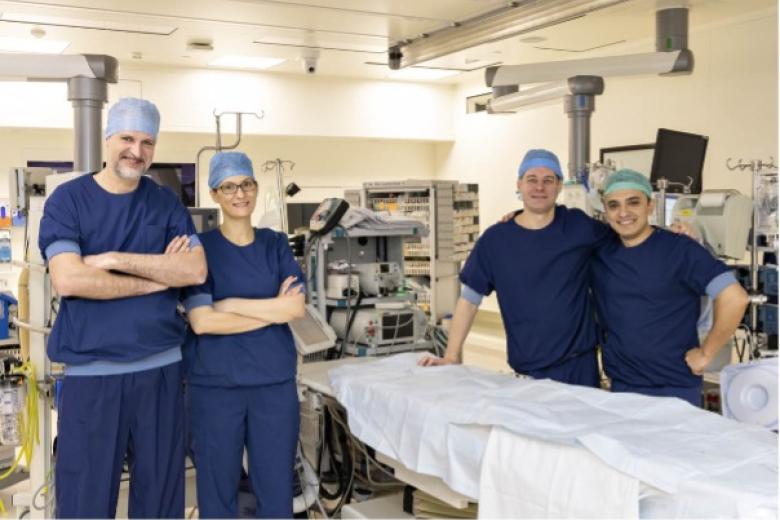
Maastricht-developed technique serious option for patients with persistent atrial fibrillation

A large-scale research consortium for Timely, Accurate and Personalized diagnosis of dementia (TAP-dementia) launches today. Researchers throughout the Netherlands collaborate to improve the diagnosis of Alzheimer’s disease and other types of dementia.

Sabine van Rijt, principal investigator at Maastricht University’s MERLN Institute, has received a prestigious European grant of two million euros for her research project Nano4Bone. The ERC Consolidator Grant has a term of five years.
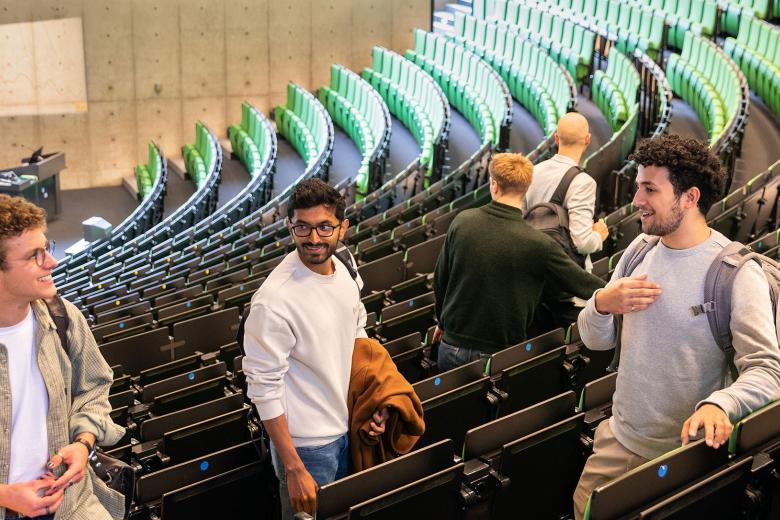
Scientists from Maastricht University (UM) and the National Institute for Public Health and the Environment (RIVM) have for the first time systematically investigated what psychotropic medications are present in surface water in the Netherlands. In particular, the concentrations of the drugs...

Children born prematurely often have problems with their lungs. Can stem cells help repair their damaged lungs? Biologist Tim Wolfs is researching it with support from Longfonds (Lung Fund).
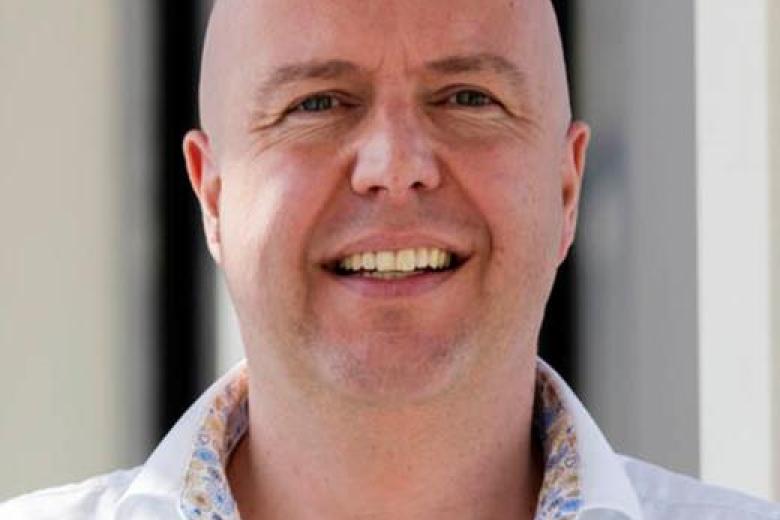
For her achievements in the field of PGT, Prof. Christine de Die was recently named an Officer in the Order of Orange-Nassau.
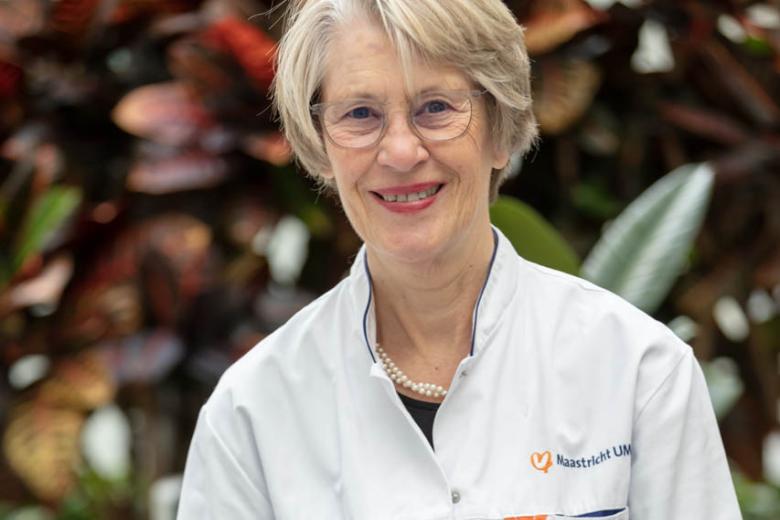
Research into the development of heart failure cannot yet be done without animal testing. Thanks to improved techniques, half as many animals are now needed to study the metabolism of heart cells in the development of heart failure.
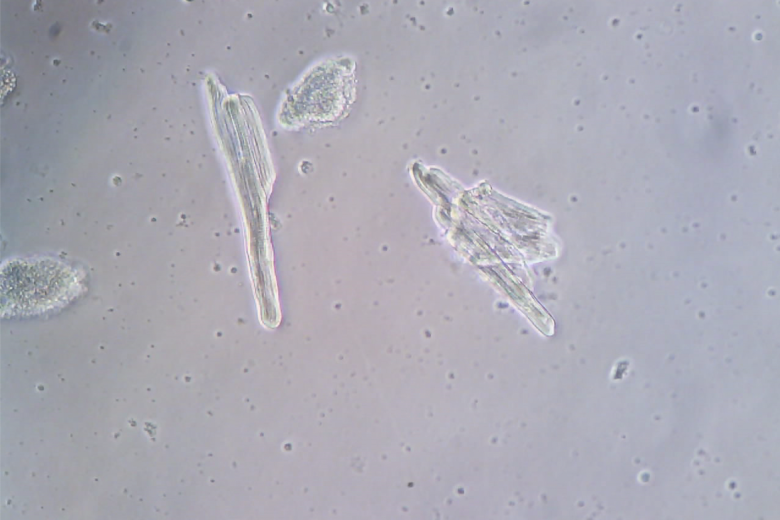
Four Maastricht research teams are starting their projects funded with money from the Open Competition of grant provider ZonMw. In addition, a Nijmegen research team has been awarded, which includes Harro van Lente, professor of Science and Technology Studies at Maastricht University (UM).

Scientists Daniel Keszthelyi and Anna Beckers from Maastricht University (UM) are to receive a prestigious European grant for early career researchers: the Starting Grant from the European Research Council (ERC).

The affordability of cigarettes in the Netherlands remained virtually unchanged between 2010 and 2020. This has emerged from research by Maastricht University (UM), and makes it clear that the excise duty increases have been insufficient to make smoking less affordable.
